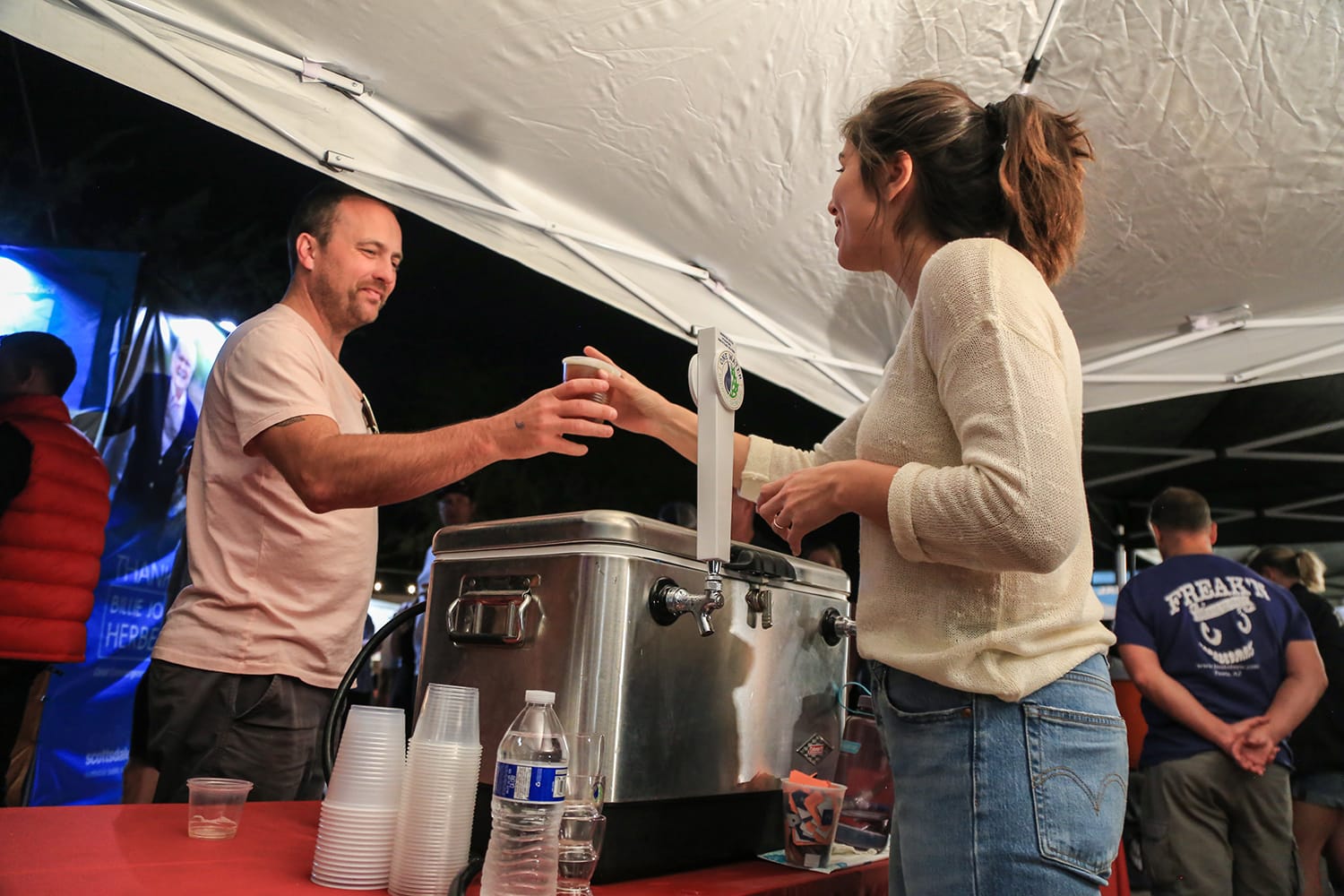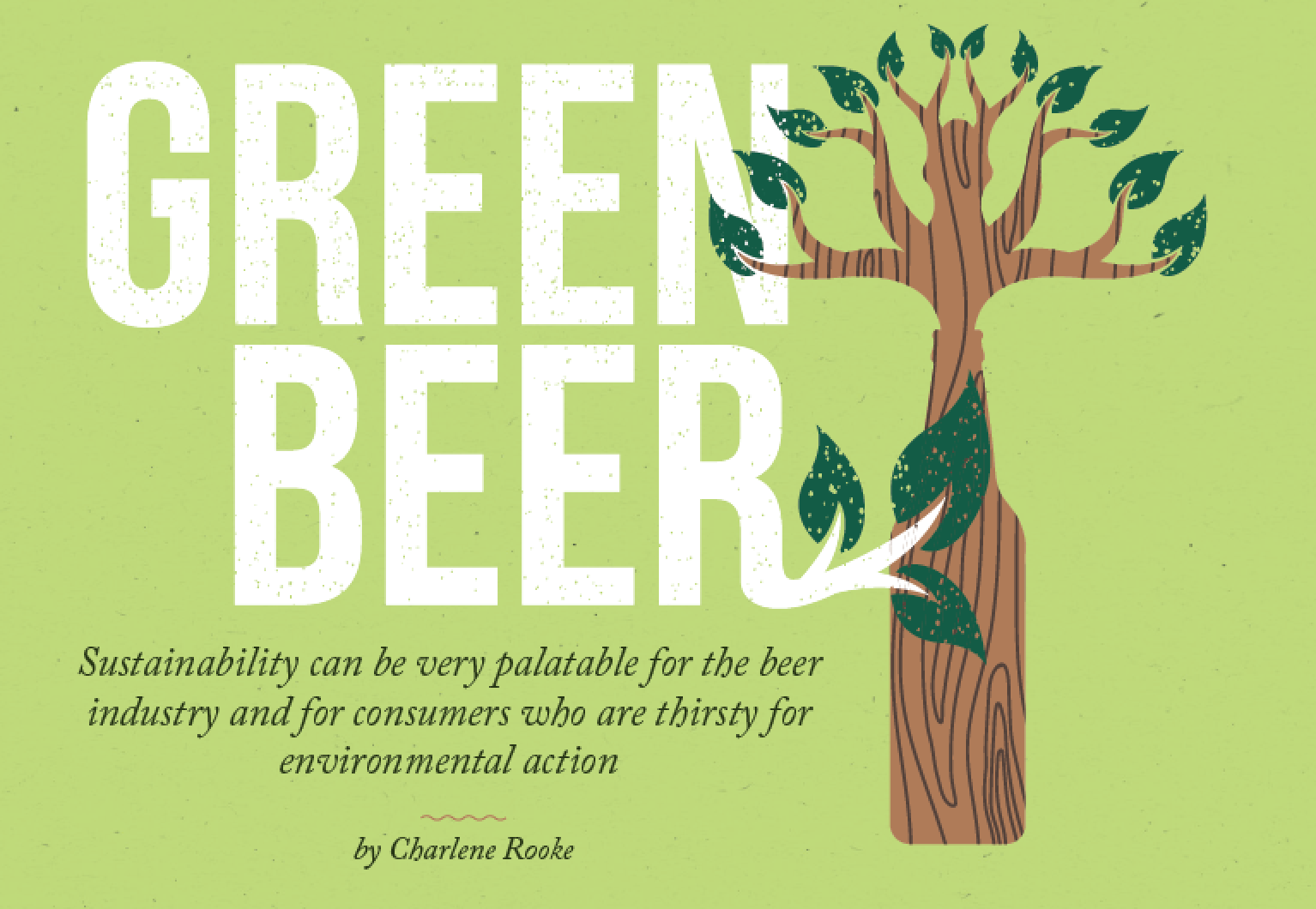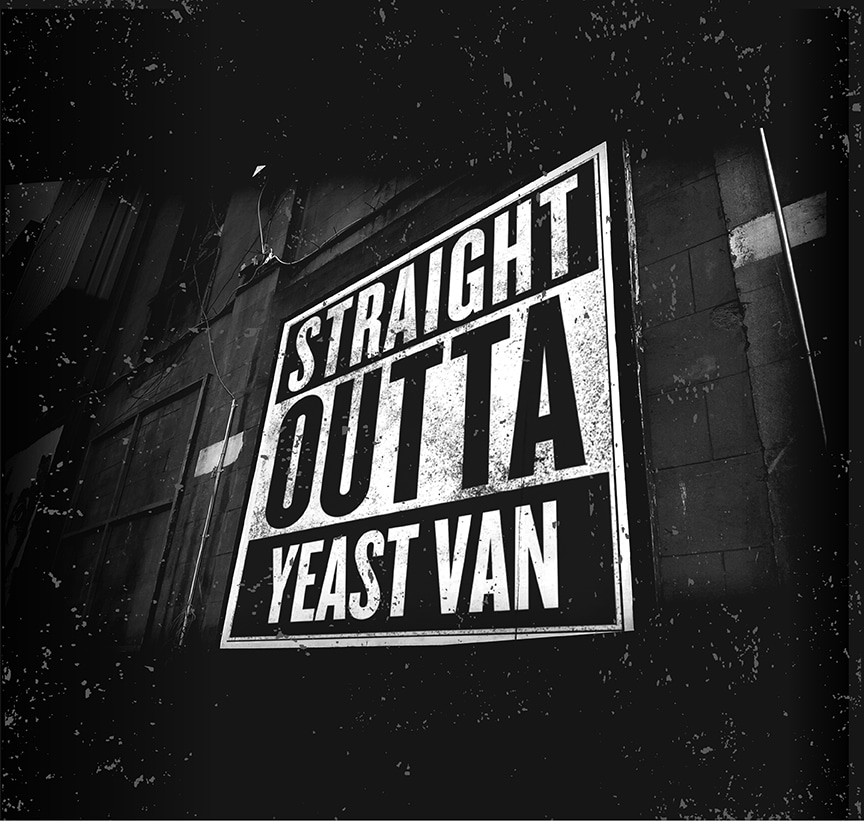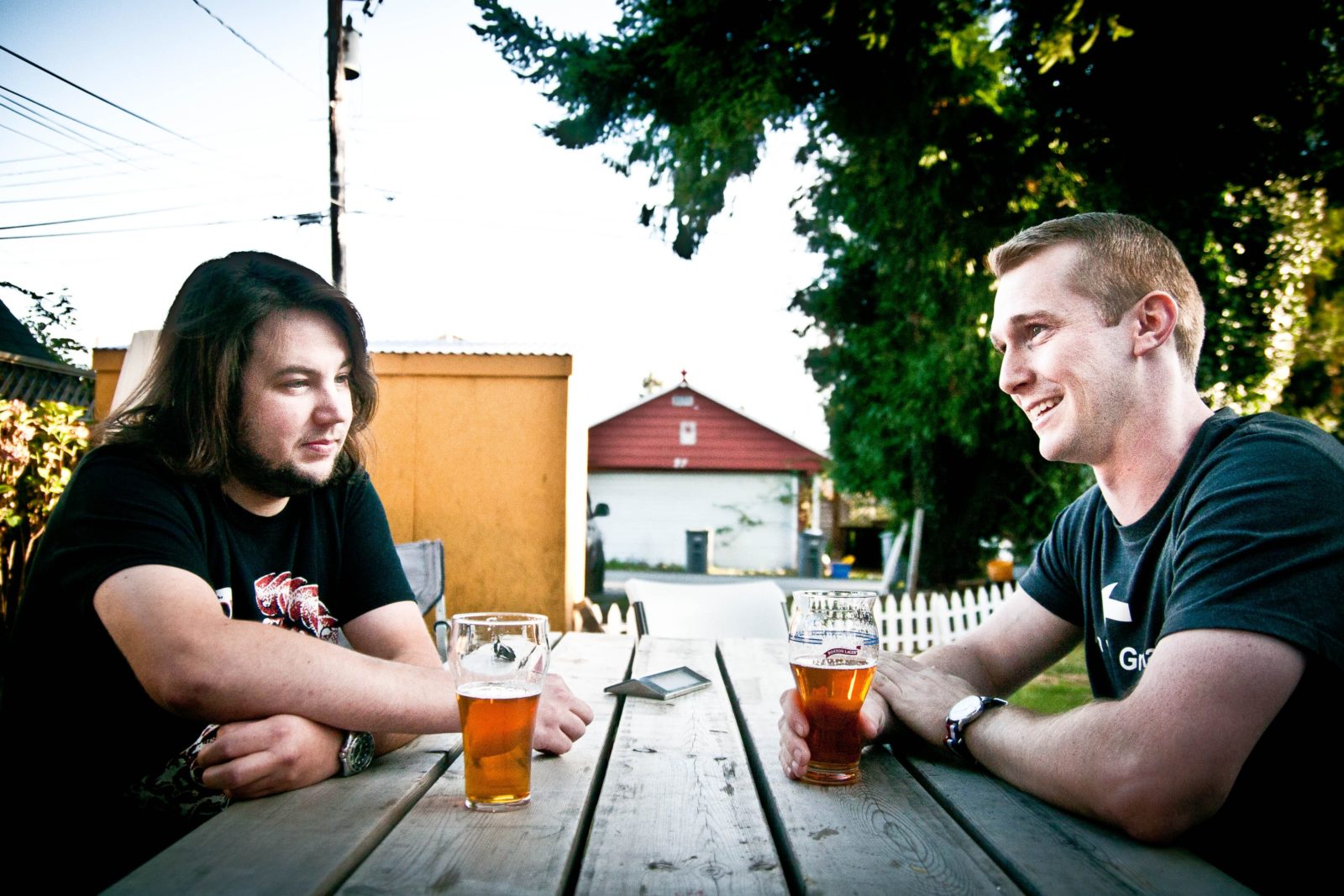Sustainability can be very palatable for the beer industry and for consumers who are thirsty for environmental action
This crystalline dark-amber American Pale Ale has a creamy head, scents of fresh peach and pear, a citrus-hopped finish and big, fat bubbles of delicious refreshment. You’d never guess that it came from a process you could jokingly call “toilet to tap”—part of the recent Scottsdale, Arizona, One Water Brewing showcase that was the world’s first beer festival featuring only craft beers produced with recycled water, all from area breweries.
Americano is a crisp, bright ale that “allows the base materials to shine through,” said Jim Erickson, the owner and brewer at Walter Station Brewery. One of those materials was 1,000 gallons of ultrapure recycled water, donated by the Advanced Water Treatment (AWT) plant at the Scottsdale Water Campus to Erickson and each of the nine other brewers pouring samples for thirsty visitors at the Canal Convergence art festival.
Using recycled water is just one of the innovative new methods craft breweries in B.C. and North America are experimenting with to reduce their environmental impact and produce “green” beer, sustainably.
As craft beer fans bobbed from tap to tap, chatting with appealingly nerdy earnestness to water officials, we sipped five offerings (there were five different ones the following night). Some were wild, using everything from hemp seeds (Northern Mountain Brewing Company’s nutty, chocolatety brown NewWater Hemp Ale), guava and strawberry (Mother Bunch Brewing’s Loved By the Sun IPA, a hazy sour) or hibiscus (Uncle Bear’s Pure Water Brut Rosé, a dry bubbly pink IPA). The ultrapure AWT water was the ultimate blank canvas, “cleaner than the [municipal] water you’d get on a daily basis,” said Erickson, whose own brewery drilled deep during construction to access the aquifer water he normally uses, with nano-filtration. AWT water is purer than bottled water, too.
“It’s a matter of helping to change public perceptions,” said Nicole Sherbert, public information officer for Scottsadale’s Water Resources Division. She explained that just last year, state regulations changed to allow the ultra-pure water to be used for human consumption, making it only the third city in the U.S. to receive that approval.
No matter how fine the quality of the AWT water is, “I’m not going to get 25,000 people out here by pouring cups of water,” she jokes. The goal of the One Water Brewing showcase is not to supply breweries with water long term, but “the more we can get people to work with recycled water, the more it will be accepted,” she said.

At home back in B.C., craft breweries have been using another recycled product to create “green” beer: recycled bread. Though there are global examples of so-called bread beers (it’s traditional in Finland and Russia, and the documentary Wasted told the story of recycled-bread Toast beer from the U.K.), these new projects, often in collaboration with local food organizations, are meant to draw attention to issues around food supply and waste.
This past October, Small Block Brewery in Duncan did its third collaboration beer with food-distribution hub reFresh Cowichan, with proceeds going to Cowichan Green Community’s food recovery program: this year it made a Rye Cycled IPA. Zero-waste North Vancouver Bridge Brewing, inspired by the B.C. food-rescue documentary Just Eat It, also made a Rye Cycle a couple of years ago, flavoured with spicy, dark Russian and Ukrainian bread. Revelstoke’s Mt. Begbie Brewing Co. did a limited-run Our Daily Bread beer in collaboration with Food Connect, a local food-recovery group that reclaims around 25,000 pounds of unsold, past-best-before but still perfectly good bread in a year, distributing it to more than a dozen local organizations including the Revelstoke Food Bank, which received partial proceeds from the Mt. Begbie collaboration.
The consumer appetite is there: “The flavour and quality of the beer is the most important thing, but I think there’s certainly consumer interest in sustainability,” says Joe Wiebe, author of Craft Beer Revolution and a founder of the B.C. Ale Trail. After all, “the craft beer movement is largely founded on the local sustainability model,” often using grains, hops and other ingredients sourced through ultra-local supply chains. “Beer is a water-intensive industry,” admits Wiebe, mentioning brewing, cleaning and the issue of discharging spent yeast and grains, something Metro Vancouver needed to create a new bylaw to manage three years ago, to prevent the leftovers from fermentation from literally going down the drain.
Wiebe cites initiatives like the national Kegshare (which limits unnecessary transportation of empty kegs) and recycling programs (for cans, bottles, packaging as well as at beer-related events) other industry efforts. He name-checks sustainable stars like organic Nelson Brewing and Dogwood Brewing in Vancouver, farm breweries Pemberton Valley Beer Works and Sorrento, B.C.’s Crannog Ales (Canada’s first certified organic farm-based brewery) as “the poster children for sustainability” that inspire the industry.
In relatively isolated, environmentally sensitive areas like the Sunshine Coast, reducing water is a particular focus. At Persephone Brewing Company in Gibsons, “Our waste water gets treated, and then goes back to ground to recharge the aquifer,” says tasting room manager Roo Miller. Because the brewery is on a working farm, “everything solid from the brewing process goes into our compost, and then eventually out into the market garden to grow food crops,” Miller says proudly.
“In a lot of ways, B.C. has led the brewing movement across the country from the get-go, and in the same way that British Columbians are now embrace sustainability,” Wiebe says.





